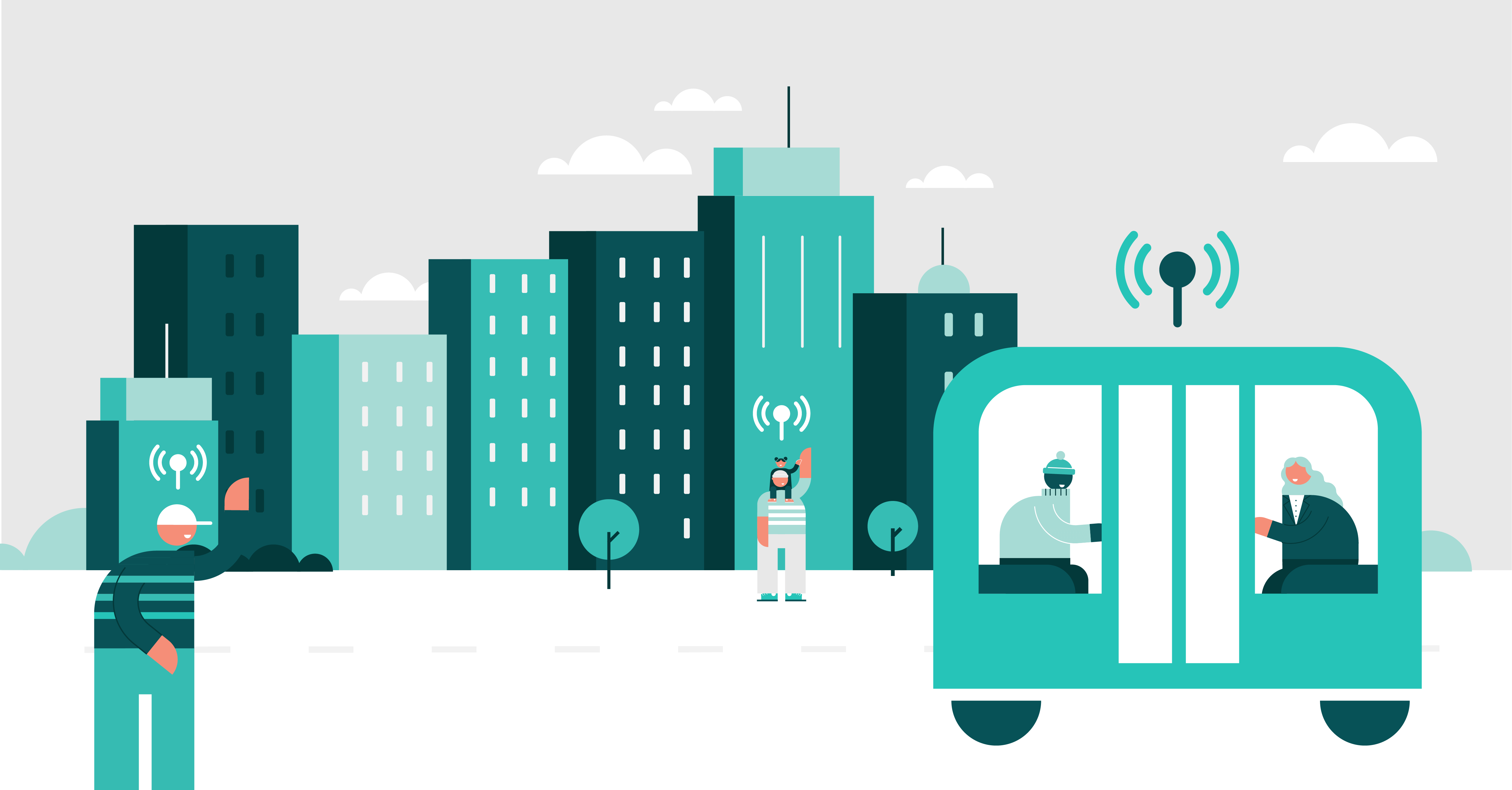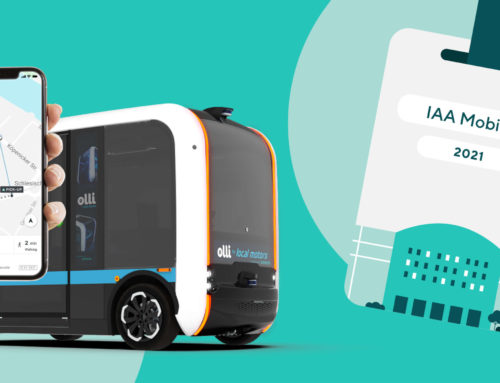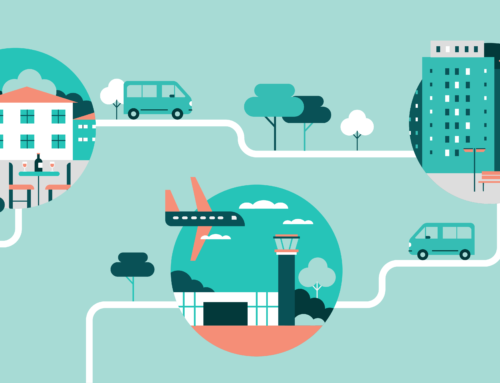On 21 May 2021, the German Parliament introduced a new law on autonomous driving to initiate the regular operation of self-driving cars. This had already been confirmed by the Federal Council on May 28. Level 4 “Fully Automated Driving”, in which the system takes over control of defined applications and no longer needs to be monitored by humans, could soon take place in standard operations and defined operating areas on public streets throughout Germany.¹
Outlined implementation scenarios include shuttle transport. Tests with autonomous vehicles have already been underway for some time. In addition, other self-driving transport vehicles exist for shorter distances, which are mainly used at airports and trade fairs (also known as “people movers”). Self-driving cars can also be used to bridge distances between distribution centres, for automatic parking and for transporting people or goods on the first or last mile.
With this bill, Germany is taking a pioneering role in autonomous driving. It is the first country in the world with such a national regulation – not even China or the USA has established such a legal provision to date. The declared goal is to make autonomous driving synonymous with “Made in Germany”.²
But what are the decisive factors to ensure the success of autonomous driving? We at door2door are convinced that autonomous driving will be successful if journeys are made safer and more convenient, sustainable and cost-efficient than those with private cars. To this end, there is a need to strengthen the economic viability of self-driving cars. An important way of leveraging this is to optimize how the vehicles are used, e.g. on the first or last mile, or as “people movers”. Operating an autonomous car fleet with low utilization rates will lead to many empty trips or a high number of inactive vehicles, which means inefficiency and unnecessarily high operating costs. One way to optimize vehicle utilization is to reduce the number of empty or single trips by pooling passengers on similar routes. Pooling promotes an economically, socially and environmentally sustainable mobility service. It decreases overall travel time (through lower average waiting time), reduces the number of required vehicles (and thus operating costs), and increases the number of passengers. door2door can organize the pooling of autonomous vehicles with its proprietary software, ensuring optimal utilization of each fleet.
Footnotes
- https://www.heise.de/news/Bundesrat-winkt-Regeln-fuer-Upload-Filter-Cookies-und-Robo-Autos-durch-6056769.html
- https://www.heise.de/hintergrund/Vom-Fahren-zum-Gefahrenwerden-Fahrerloser-Passagiertransport-es-geht-los-6034009.html
If you’d like to learn more about door2door, our software and its various applications, please be sure to read our white paper.



